Artificial Intelligence in Everyday Life: How Artificial Intelligence is Transforming Our World
In the early days of artificial intelligence (AI), the notion of machines that could think, learn, and interact with humans seemed like the stuff of science fiction. Today, however, AI is a tangible reality that touches many aspects of our daily lives. From the smartphones in our pockets to the appliances in our kitchens, AI is seamlessly integrated into our world, reshaping the way we live, work, and interact. This transformation is fueled by advancements in machine learning, natural language processing, and data analytics, among other technologies.
### Smart Devices and Personal Assistants
One of the most visible applications of AI is in smart devices and personal assistants like Apple’s Siri, Google Assistant, and Amazon’s Alexa. These AI-powered systems leverage natural language processing and machine learning to understand and respond to voice commands. They can control smart home devices, set reminders, answer questions, and even manage schedules. By learning from user interactions, these assistants become increasingly accurate and personalized, making everyday tasks more convenient and efficient.
### Health and Well-being
AI is also revolutionizing healthcare. From diagnostic tools that analyze medical images to virtual health assistants that provide medical advice, AI enhances the accuracy and efficiency of healthcare services. Wearable devices like fitness trackers use AI algorithms to monitor physical activity, heart rate, and sleep patterns, providing insights and recommendations for healthier lifestyles. Predictive analytics help in anticipating health issues before they become critical, allowing for early intervention and better patient outcomes.
### Transportation and Mobility
The transportation sector is experiencing a paradigm shift thanks to AI. Autonomous vehicles, once a futuristic concept, are now being tested on roads around the world. These self-driving cars use AI to navigate, make decisions, and avoid obstacles, promising a future of safer and more efficient travel. Public transportation systems also benefit from AI, which can optimize routes, predict arrival times, and improve overall service quality. Ride-sharing platforms like Uber and Lyft use AI algorithms to match riders with drivers, calculate fares, and optimize routes in real-time.
### E-commerce and Retail
AI is transforming the way we shop. E-commerce platforms like Amazon and Alibaba employ AI to create personalized shopping experiences. By analyzing browsing history, purchase patterns, and social media activity, these platforms recommend products tailored to individual preferences. AI-powered chatbots assist customers by answering questions, providing product information, and facilitating transactions. In physical retail stores, AI enhances inventory management, customer service, and even store layout optimization.
### Education and Learning
AI’s impact on education is profound. Intelligent tutoring systems (ITS) provide personalized instruction and feedback, adapting to the learning pace and style of individual students. AI-driven platforms like Coursera and Khan Academy offer adaptive learning experiences, recommending courses and resources based on user progress and preferences. Virtual classrooms and AI-driven administrative tools facilitate distance learning and enhance educational accessibility.
### Finance and Banking
The financial industry is leveraging AI for a multitude of applications, from fraud detection to personalized banking. AI algorithms analyze transaction data to identify unusual patterns and flag potential fraudulent activity. Robo-advisors offer personalized investment advice, helping users build and manage their portfolios based on financial goals and risk tolerance. Predictive analytics enable banks to anticipate market trends and make data-driven decisions.
### Entertainment and Media
AI is changing the landscape of entertainment and media as well. Streaming services like Netflix and Spotify use AI to recommend content based on user preferences, creating personalized viewing and listening experiences. AI-generated music and art are also gaining popularity, showcasing the creative potential of this technology. In journalism, AI assists in content generation, fact-checking, and data analysis, streamlining the news production process.
### Environmental Impact
AI has the potential to address pressing environmental challenges. For instance, AI algorithms optimize energy consumption in smart grids, reducing waste and lowering carbon footprints. Predictive analytics help in anticipating and mitigating the effects of natural disasters, such as floods and wildfires. AI-driven research accelerates the development of sustainable technologies, from renewable energy solutions to efficient waste management systems.
### Conclusion
The integration of AI into everyday life is transforming our world in ways that were once unimaginable. As AI continues to advance, its applications will only grow more diverse and impactful. While challenges such as ethical considerations, data privacy, and the digital divide remain, the potential benefits of AI are immense. By harnessing the power of artificial intelligence, we can create smarter, more efficient, and more sustainable societies, enhancing the quality of life for people around the globe.







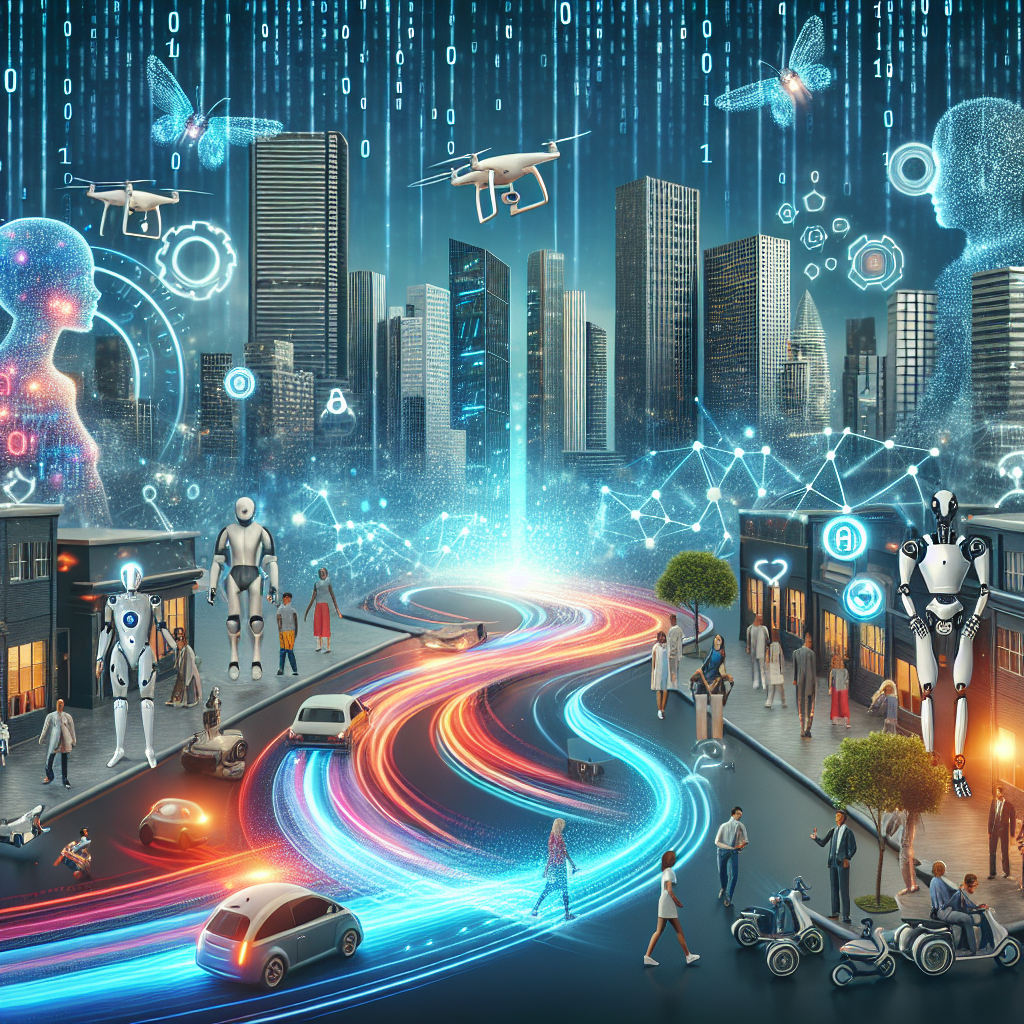
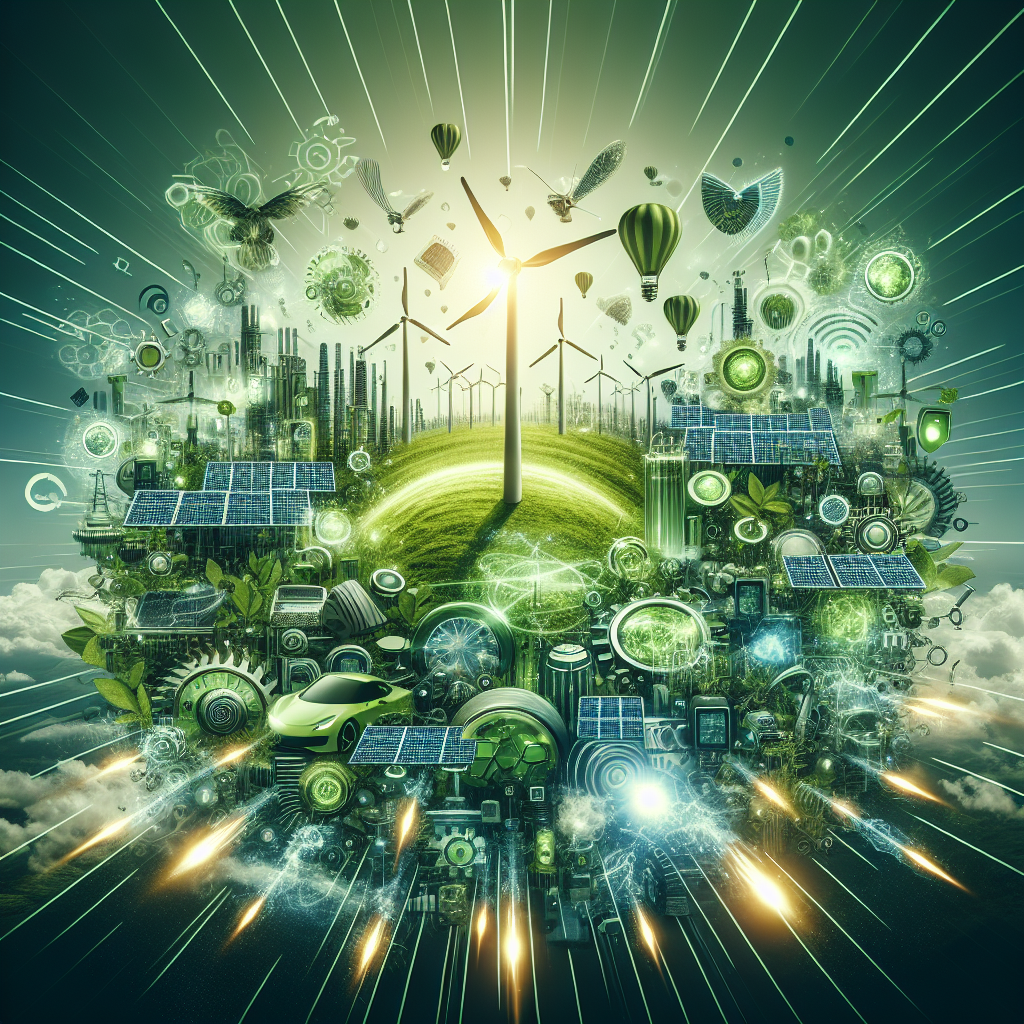
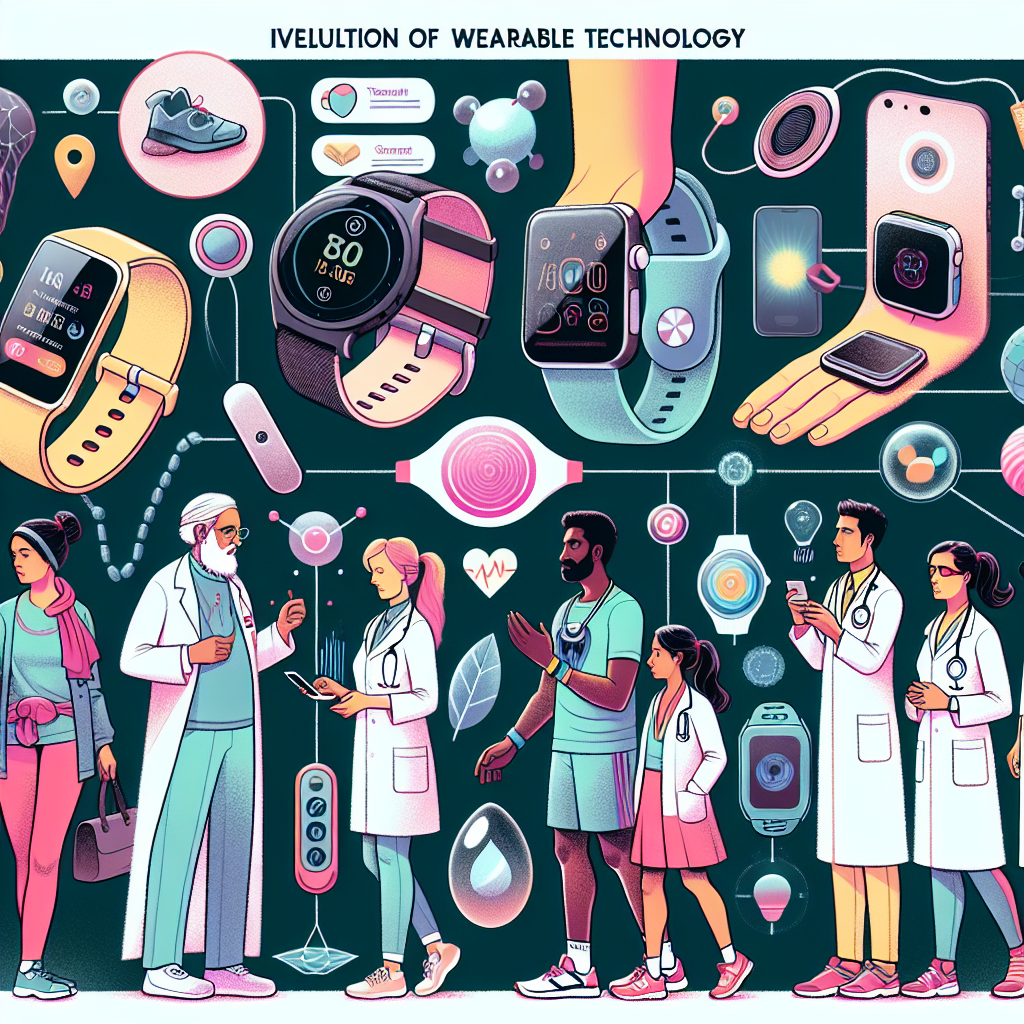
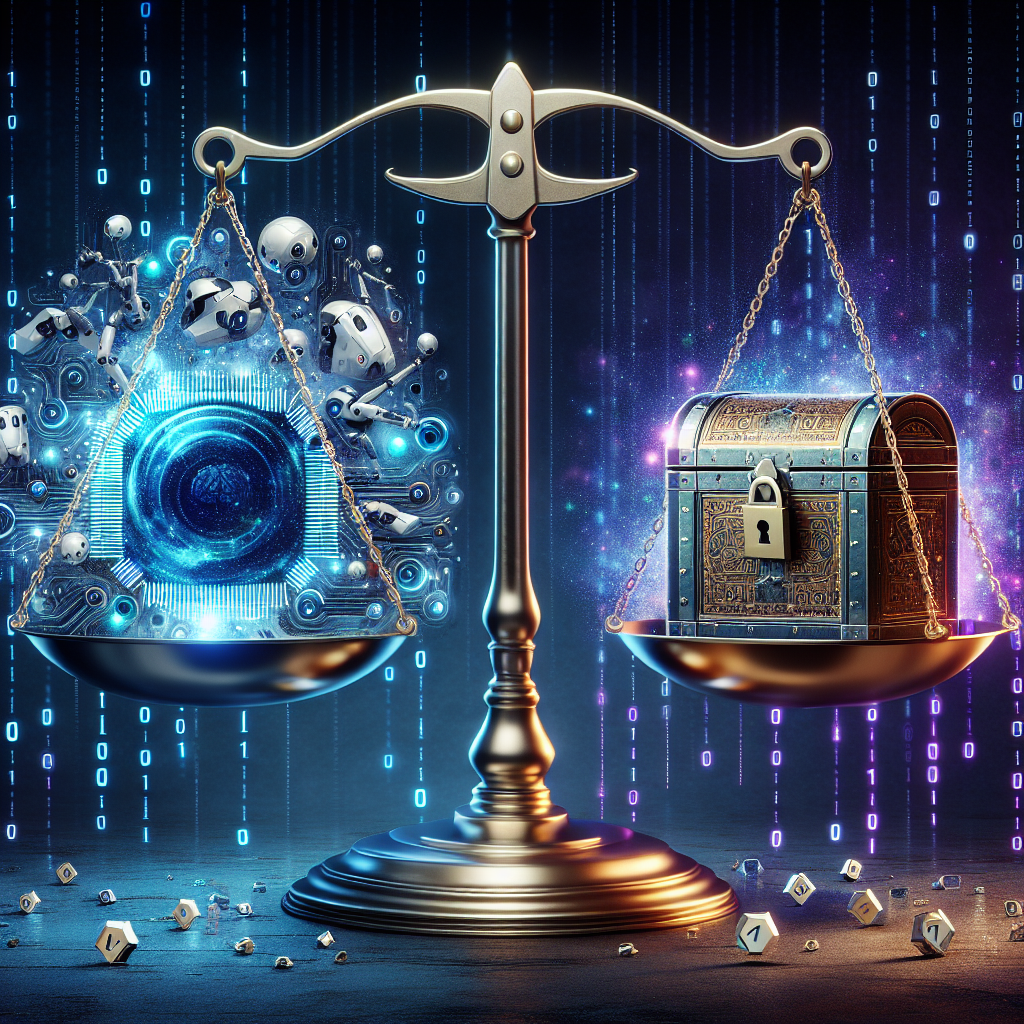
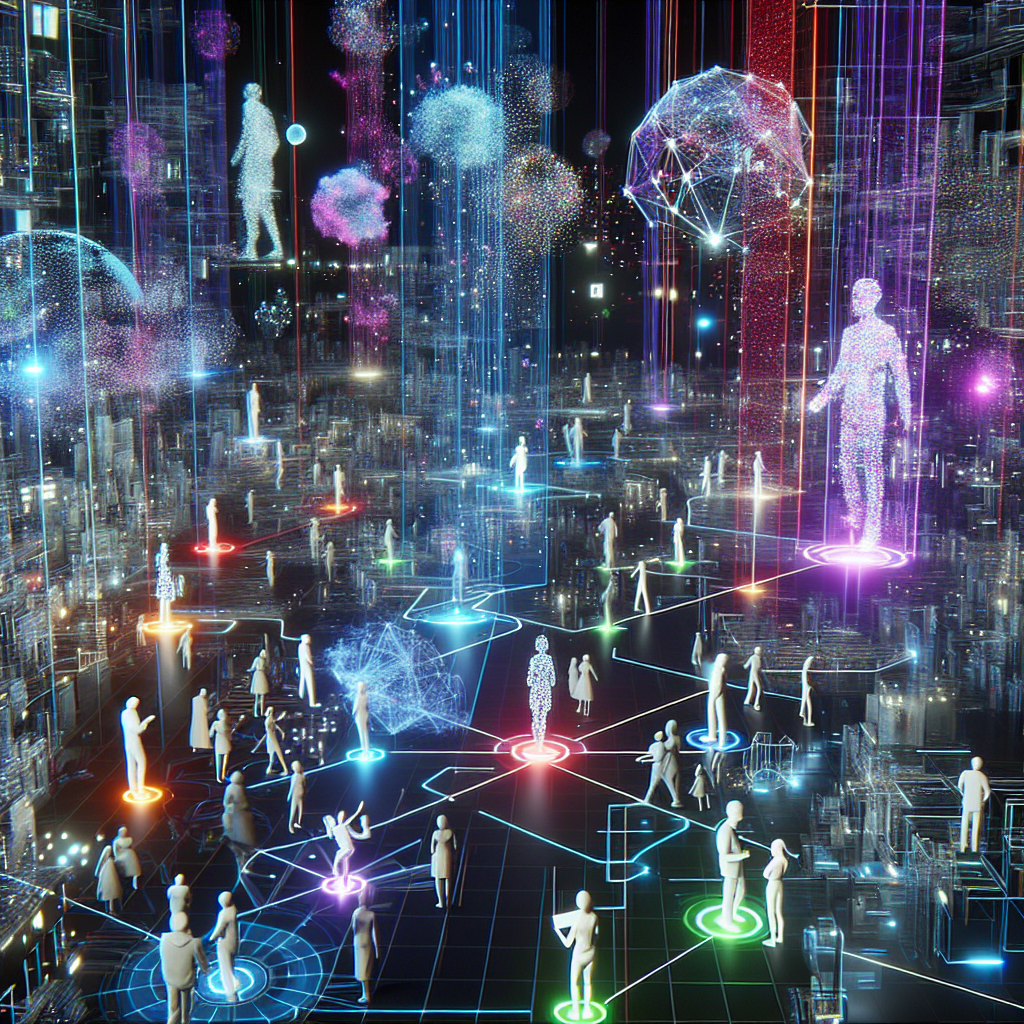

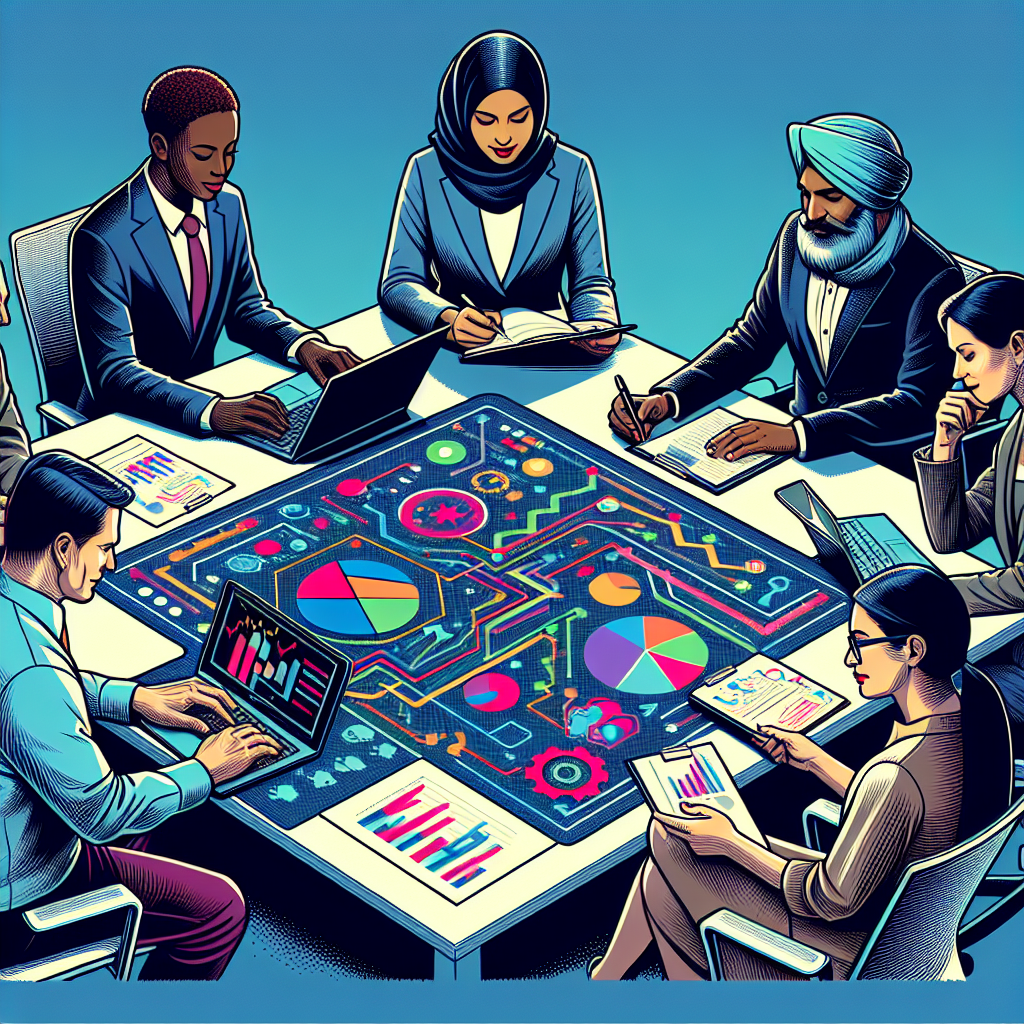
Leave feedback about this
You must be logged in to post a comment.